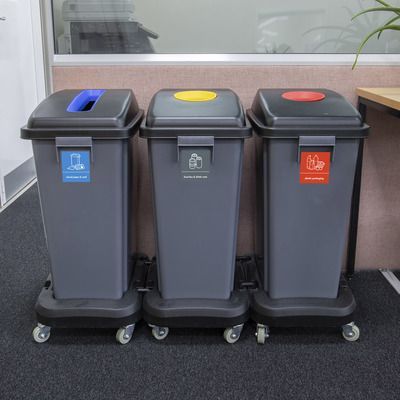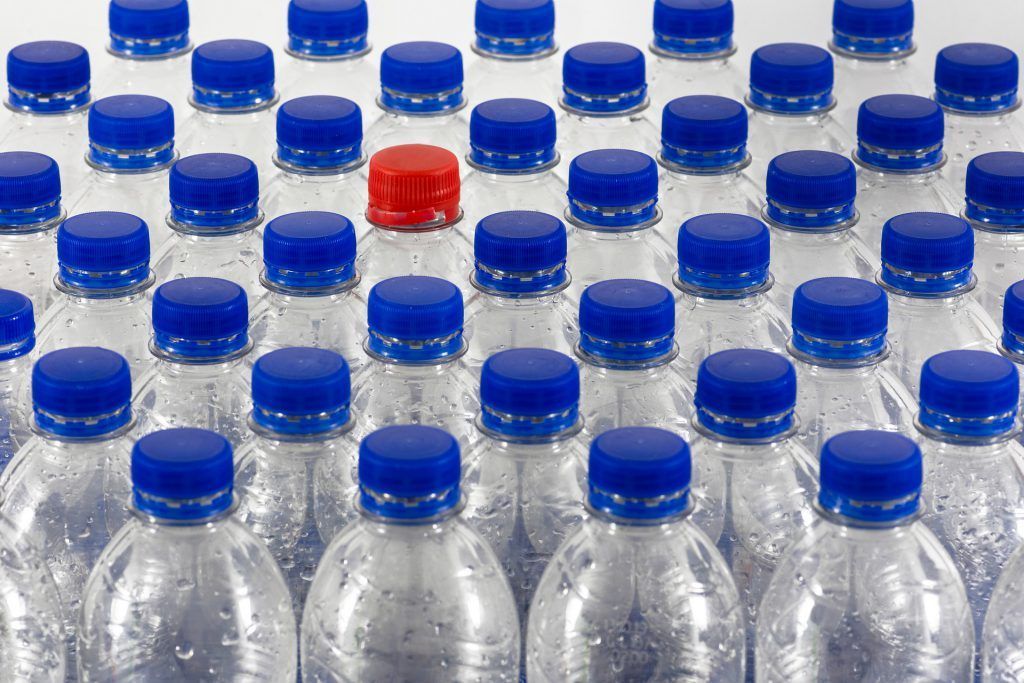Recycling – Do Your Bit!
The post Recycling – Do Your Bit! appeared first on Spectrum.



Get in touch
Spectrum Cleaning Solutions, Londesborough Road Business Park, Scarborough, North Yorkshire
Phone: 01723 373 509
Opening hours
Monday - Thursday: 8:30 -17:00
Friday: 8:30-16:00
Saturday - Sunday: Closed

Recycling is an issue that is dominating the world at the moment and rightly so, as in the UK alone over 31 billion tonnes of waste is produced every year, including around 5 billion drinks cans and 13 billion plastic drinks bottles being used, but more than 3 billion of these plastic bottles are not recycled. In an attempt to tackle this, more than 40 companies, including giants Coca-Cola, Asda and Proctor & Gamble, have signed up with the government, trade associations and campaigners to form the UK Plastics Pact.
This comes after the government made the announcement that there will soon be a ban in the UK on the sales of plastic straws and cotton buds, in an attempt to tackle the overuse of plastic. Environmental Secretary Michael Gove also announced that the UK will commit £61m to develop new ways of clearing up plastics.
On the new bans to be introduced, the Environmental Secretary said: “Single-use plastics are a scourge on our seas and lethal to our precious environment and wildlife, so it is vital we act now. We have already banned harmful microbeads and cut plastic bag use, and now we want to take action on straws, stirrers and cotton buds to help protect our marine life.”
Theresa May added: “The UK government is a world leader on this issue, and the British public have shown passion and energy embracing our plastic bag charge and microbead ban, and today we have put forward ambitious plans to further reduce plastic waste from straws, stirrers and cotton buds.”
So, what can we do as consumers to help reduce plastic use and increase recycling rates?
Did you know?
The post Recycling – Do Your Bit! appeared first on Spectrum.



Opening Hours
Monday - Thursday: 8:30 -17:00
Friday: 8:30-16:00
Saturday - Sunday: Closed
Get in Touch
Spectrum Cleaning Solutions, Londesborough Road Business Park, Scarborough, North Yorkshire
Phone: 01723 373 509
Spectrum Cleaning Solutions Limited is a registered business in England & Wales under company number 04687668.
Registered company address: Units 9 & 10 Londesborough Road Business Park, Londesborough Road, Scarborough, North Yorkshire, England, YO12 5AF.